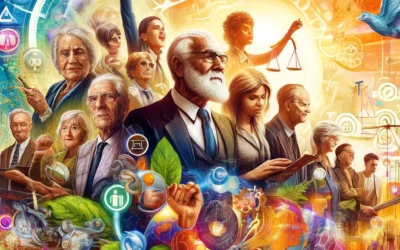 You read it right, Schipol Airport has opened a “goldfish hotel”. Now I know I’m the first to complain about the lack of innovation in airport retail offerings so I suppose I should applaud the creativity in this concept, but I’m afraid I’m left scratching my head on the commerciality of it. Are goldfish really that big in Amsterdam?
You read it right, Schipol Airport has opened a “goldfish hotel”. Now I know I’m the first to complain about the lack of innovation in airport retail offerings so I suppose I should applaud the creativity in this concept, but I’m afraid I’m left scratching my head on the commerciality of it. Are goldfish really that big in Amsterdam?
Anyway, onto the offer. The hotel is operated by “D-Travel”. When passengers book through them (they are a travel booking firm) they can use the facility for free. No word on whether or not the hotel accepts guests from passengers who didn’t book with D-Travel yet.
Upon arrival at Schiphol, passengers hand over their precious goldfish at the goldfish check-in desk (no I’m not kidding) and each fish will be placed in its own little fish tank.
Not much apparently in the way of ammenities at this hotel – you get a tank & room service & thats about it. No capacity to have friends over & the flat screen tv’s are noticably absent.
In other goldfish news, the Turkish Riviera at Hillside Su on the shores of the Antalya – a favourite resort for honeymooners – not only greets visitors with strawberries & Prosecco but gives you a personal goldfish in a little tank, on arrival, to take care of. Why???? Wonder how many honeymoon couples have taken them for a swim in their private whirlpool jacuzzi?
Image : protographer23/Flickr



